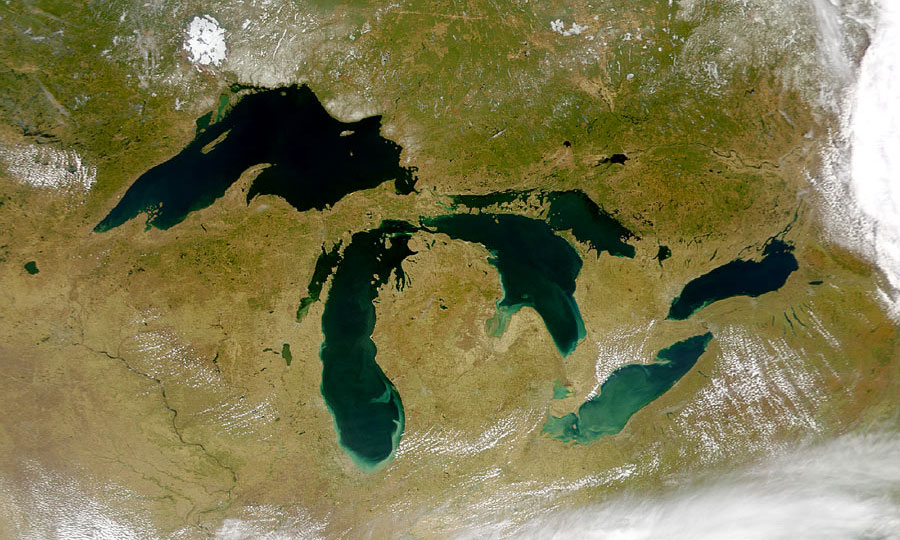 GLRPPR has developed two new school-related Topic Hubs as part of the P2Rx Topic Hub project. Before any Topic Hub is published, topical experts review its narrative portions for accuracy and completeness.
GLRPPR has developed two new school-related Topic Hubs as part of the P2Rx Topic Hub project. Before any Topic Hub is published, topical experts review its narrative portions for accuracy and completeness.
“Energy Efficient Schools and Students” describes energy efficient practices and research available to schools and introduces resources that support changes in operations, maintenance, and behavior. Numerous ways exist to reduce escalating energy costs and this Topic Hub assembles guidelines and comprehensive energy programs, identifies educational efforts and case studies, and provides examples of best practices for schools.
“Sustainable School Design” addresses many areas, including: indoor air quality; energy consumption and options; construction materials; education materials; water use; waste management; transportation; community interaction; landscaping and the building envelope. It draws upon the myriad resources available to school administrators, school boards, and community planners with the hope that these tools will guide the design of more optimally sustainable schools. The Topic Hub deals with the big issues of construction and retrofitting, siting and commissioning, and actual design of new and remodeled schools. Pollution prevention opportunities and alternative technologies that include lighting, acoustics, air quality, and well-being needs for students and school staff for a healthy and safe learning environment, are presented.
If you’re interested in reading the narrative portions of these hubs and providing some voluntary feedback, please contact Joy Scrogum or Bob Iverson. We’re looking for 2-4 experts to evaluate each of these new hubs; one person may evaluate both hubs if they desire. If you are selected to review the hubs, we’ll contact you with a link to the information you’ll need to read and further instructions. Your name will be included in the “Acknowledgments” section of the final published Topic Hub as a “Technical Reviewer.” See the Acknowledgments section of the Pollution Prevention for Arts Education Topic Hub for an example.
Our greatest asset is the technical expertise of our members and their willingness to share their knowledge with colleagues throughout the region. We appreciate your input and look forward to working with those selected to review these new resources.


 GLRPPR has developed two new school-related Topic Hubs as part of the
GLRPPR has developed two new school-related Topic Hubs as part of the